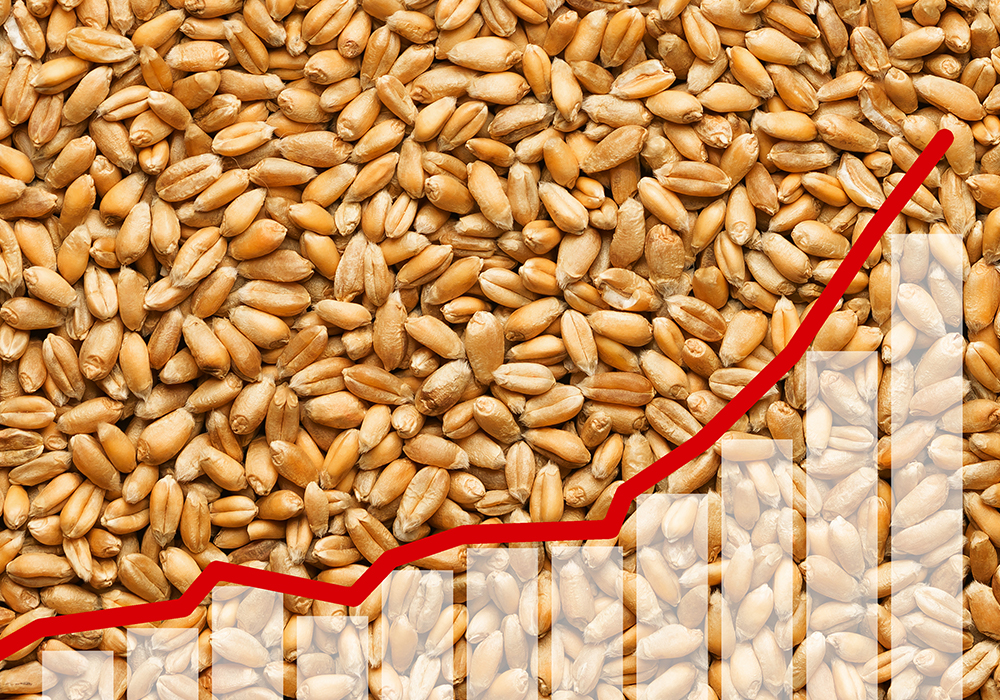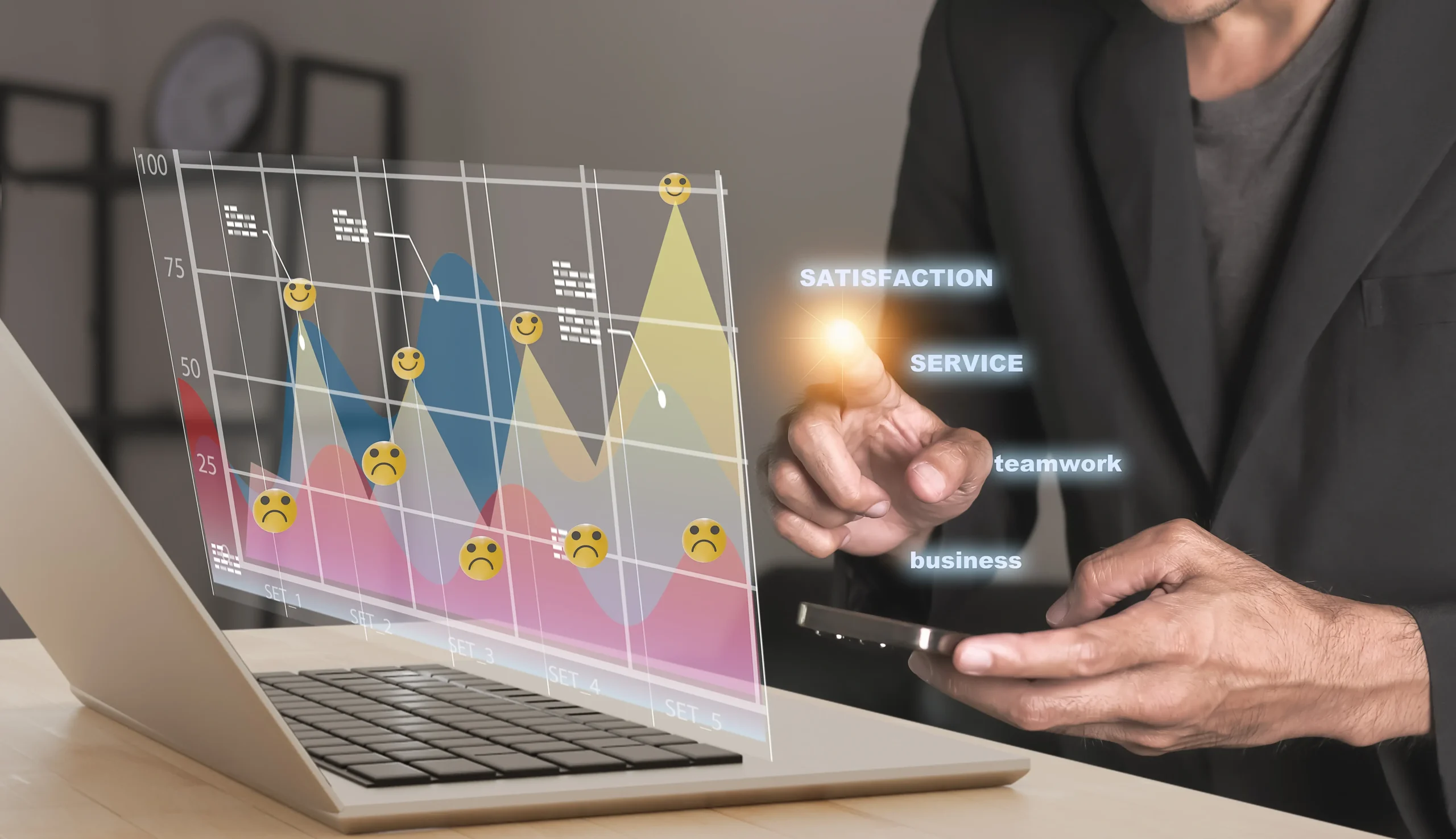Prices of commodities depend on a lot of variables: supply and demand conditions, currency fluctuations, and geopolitical events. Being able to understand how different global events may affect the prices of commodities will be important for traders looking to navigate the complexities of the commodities market.
This paper will look at various global events that influence the prices of commodities, how one may predict the change, and a trading strategy that takes into account the market movements.
1. Significant Worldwide Events Affecting Prices of Commodities
There are various types of global events that can bring about sudden shifts in commodity prices:
Geopolitical Tensions: The disputes, wars, or political upheavals in the main producing areas may cause supply chains to become seriously disrupted, resulting in price volatility. Normally, when hostilities increase in the Middle East, the price of oil increases on apprehension regarding disturbed supplies. This factor applies similarly in the case of countries that are important commodity agricultural producers where unrest can influence worldwide food prices.
Economic Sanctions: Some countries may issue sanctions that could affect the export and, therefore, supply of certain commodities. In this respect, past sanctions against Iran and Venezuela resulted in a shortage of world supplies of oil, for example, and saw prices increase as a result.
Trade Policies and Agreements: Examples of changed policies in trade tariffs or new agreements on trade are the factors affecting the price of a commodity. For instance, a tariff imposed on imported steel would raise prices for domestic manufacturers of steel-based items, thus affecting industries using steel.
Monetary Policy and Interest Rates: The policies taken by the central bank that regulate changes in interest rates and quantitative easing round off the list of drivers of commodity prices. For instance, when interest rates are lowered, the dollar, in turn, tends to weaken, thus increasing demand for dollar-priced commodities and driving up their prices.

2. Anticipating Price Changes from Global Events
Traders can gain an understanding of future price movements through a study of many indicators and news sources:
Monitor News: A trader must be attuned to news from around the world. News relating to geopolitical tensions, floods, droughts, and economic policies can influence the markets in commodities.
Sentiment Analysis: Through trading volumes, futures positioning, and surveys, one is able to get a sense of market sentiment. Heavy positioning in a particular direction of traders will more often than not bias prices and, sometimes at least, responsiveness to those global events.
3. Trading Strategies in Response to Global Events
Traders can look to exploit price movements that occur as a consequence of global events through a variety of strategies:
Event-Driven Trading: This is picking positions based on the expected market reactions toward certain events. A good example would be if a hurricane were forecasted to hit oil production; a trader might take a long position in oil futures in front of such a storm, anticipating a price spike.
Hedging Against Volatility: With options and futures, one could hedge against the potential price volatility of any commodity that may arise out of a geopolitical event. A certain example would be that an airline might buy a call option on jet fuel in order to guard against higher fuel prices for peak travel seasons or other specific times of high demand when geopolitical events have happened.
Diversification: A spread of the portfolio across a wide range of commodities and sectors offsets the risks that arise from volatility in prices due to specific events. For instance, using the volatility to trade if the price of oil changes due to geopolitics, a trader who is into agricultural commodities would hardly be affected.
Leverage Trading Platforms: Most of the trading platforms are offering tools for real-time news, technical analysis, and market sentiment indicators. By using those tools, traders can stay ahead in the market fluctuation.
Follow Financial Analysts: These have examined expert analysis and comments regarding various possibilities of market reactions from world events. Analysts also discuss forecasts headed by geopolitical development and economic data.
Join Trading Communities: The best ways to keep oneself updated about emerging trends and market sentiments from other traders are through online forums or social networking sites. By sharing insight and strategies, one enhances one’s understanding of the market dynamics.

Conclusion:
Global events tend to influence commodity prices, and such knowledge is paramount for a trader intending to successfully operate in the commodities market. Since geopolitical conflicts, weather catastrophes, economic policies, and associated factors will vary from time to time, keeping updated will more likely enable a trader to better predict the changes in prices and adjust his strategy.
This is where event-driven trading, hedging strategies, and diversification come into play to benefit from market volatility while keeping the risk factor in check. In a world that is constantly in flux, being proactive and adapting will make the trader even better equipped to succeed in the market for commodities.






